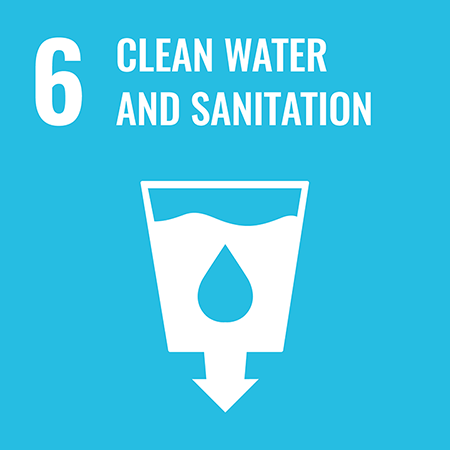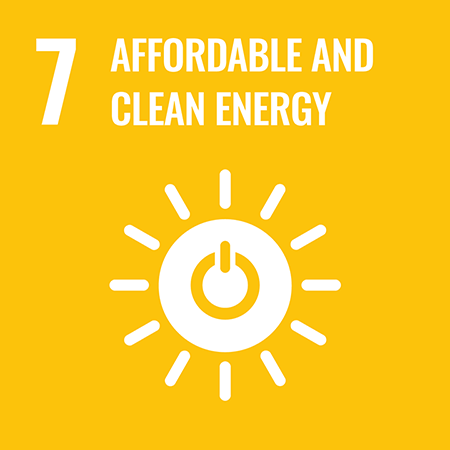Cascadic utilisation of wastewater and organic residues in buildings
Abstract
Our current wastewater system is very well developed, but it is not a sustainable closed-loop system. Nutrients that are introduced into the wastewater via human excreta can no longer be recycled into food production because there are already too many impurities in the sewage treatment plants. The energy content of the substances in the wastewater can also no longer be used well due to the aerobic treatment in the sewage treatment plant. The sewage sludge is therefore dried, incinerated and the ash is landfilled, among other things. The food leftovers from households are mainly disposed of in the residual waste and also incinerated, which means that the nutrients they contain are lost. Objectives and innovation content compared to the state of the art / state of knowledge and with reference to the expected sustainability effects. Building on previous projects (e.g. KREIS in Hamburg) and through the use, expansion and combination of new components and processes and with laboratory tests, a new, innovative material and energy cycle system is to be tested. - The long-term behaviour of the new urine separation toilet (winner of the international competition "Reinventing the Toilet") and the separation of flushing water and solids will be investigated experimentally and empirically. - Plant fertiliser and service water are recovered from urine and digested sludge water. The Eawag urine recycling process is being extended and tested to include nutrient recovery from digestate water, so that nutrients can also be recovered from this fraction. - Recording and optimising the separation of medicines, drugs and hormone residues also from fermentation residue water. - The high-temperature fermentation and biogas production of faeces and food waste is optimised through research and the minimum volume is determined. For this purpose, the hygiene, the process-related robustness in the case of faecal waste and by injected household chemicals will also be checked. - The biogas obtained is analysed in terms of time, quality and quantity, and the electricity and heat potential is calculated via fuel cell or microturbine. - Concepts for the use of food waste from households are being investigated in terms of process technology and construction. - User acceptance and user preferences are surveyed. - Concepts for the use of digestate via carbonisation processes and phosphate recovery are analysed and evaluated. Intended results and findings This planned project is intended to facilitate a more economically and ecologically sustainable closed-loop use of building wastewater and household food waste. In addition to scientific findings, realistic and rapidly multipliable application examples for the technology and the recycled products are to be created.
keywords Wastewater anaerobic digestion biochar Nutrient recovery
Publikationen
Project staff
Günther Bochmann
Dipl.-Ing. Dr.nat.techn. Günther Bochmann
guenther.bochmann@boku.ac.at
BOKU Project Leader
01.10.2021 - 07.02.2022
Wolfgang Gabauer
Mag. Wolfgang Gabauer
wolfgang.gabauer@boku.ac.at
Tel: +43 1 47654-97424
BOKU Project Leader
27.03.2024 - 30.09.2024
Project Staff
01.10.2021 - 26.03.2024
Ludek Poschmaier-Kamarad
Ludek Poschmaier-Kamarad Ph.D.
ludek.kamarad@boku.ac.at
Tel: +43 1 47654-97424, 97461
BOKU Project Leader
08.02.2022 - 26.03.2024
Project Staff
01.10.2021 - 07.02.2022
Werner Fuchs
Ao.Univ.Prof. Dipl.-Ing. Dr.nat.techn. Werner Fuchs
werner.fuchs@boku.ac.at
Tel: +43 1 47654-97401, 97423
Project Staff
01.10.2021 - 30.09.2024
Lisa Milanollo
Lisa Milanollo
milanollo.lisa@students.boku.ac.at
Project Staff
01.01.2024 - 30.09.2024
Verena Rusch
Verena Rusch B.Sc.
verena.rusch@students.boku.ac.at
Project Staff
01.10.2021 - 30.09.2024



